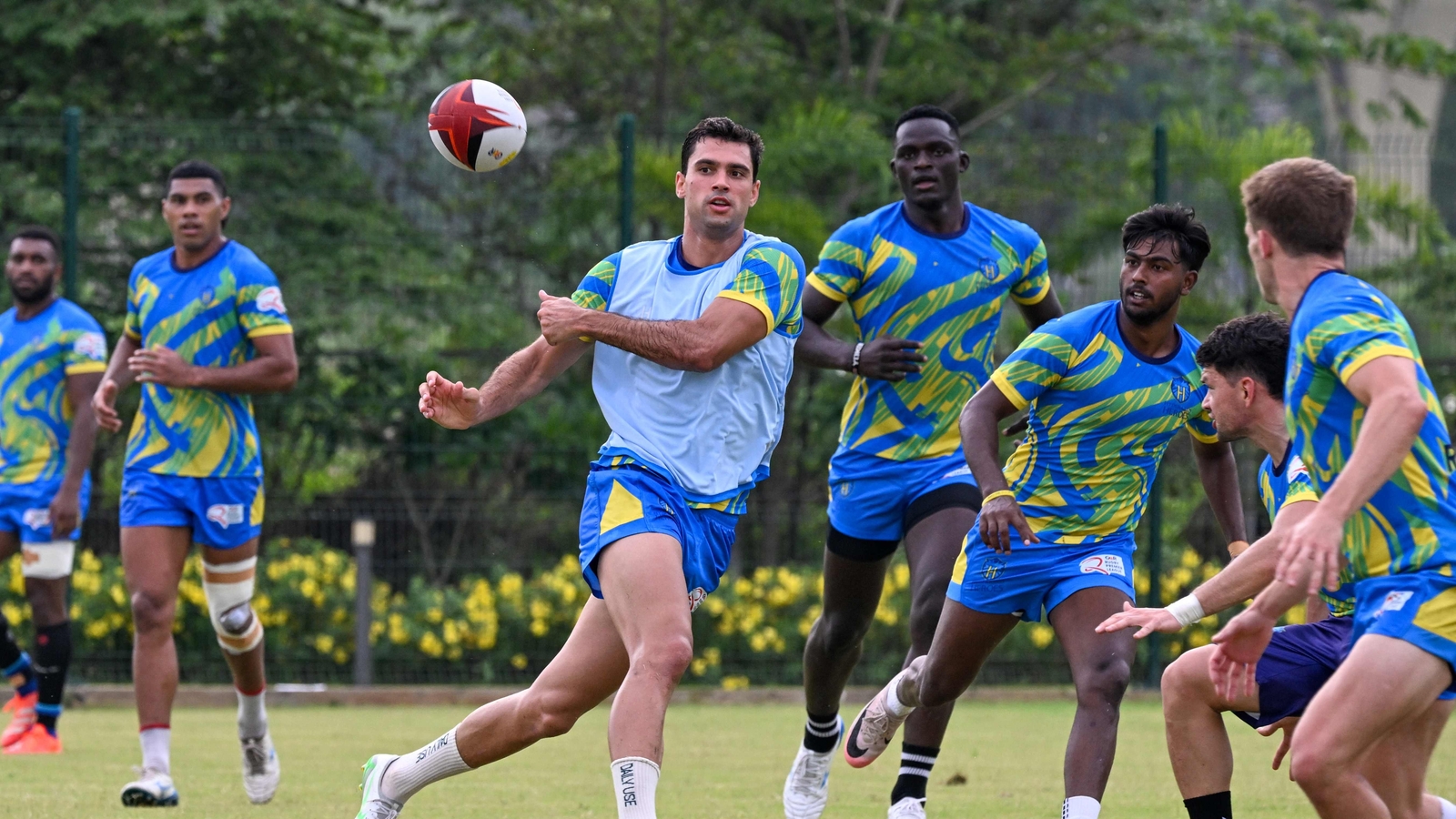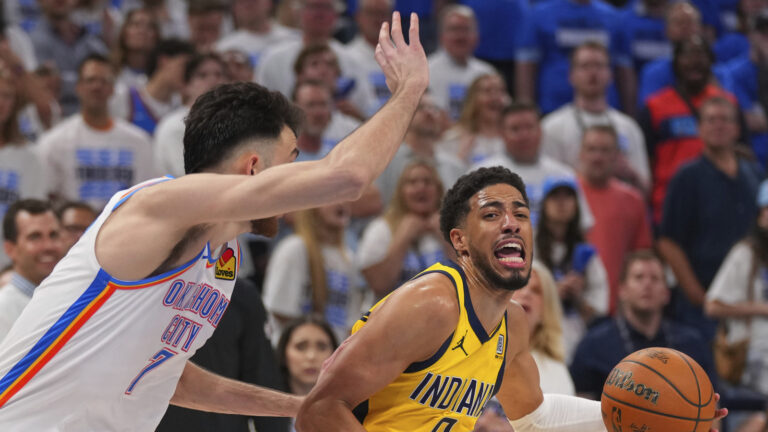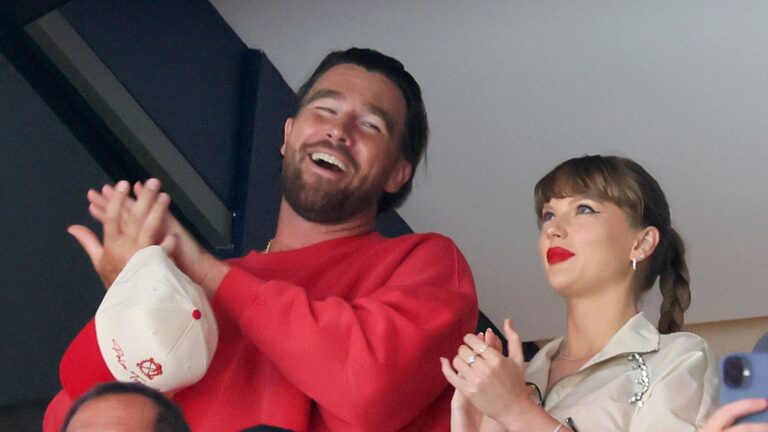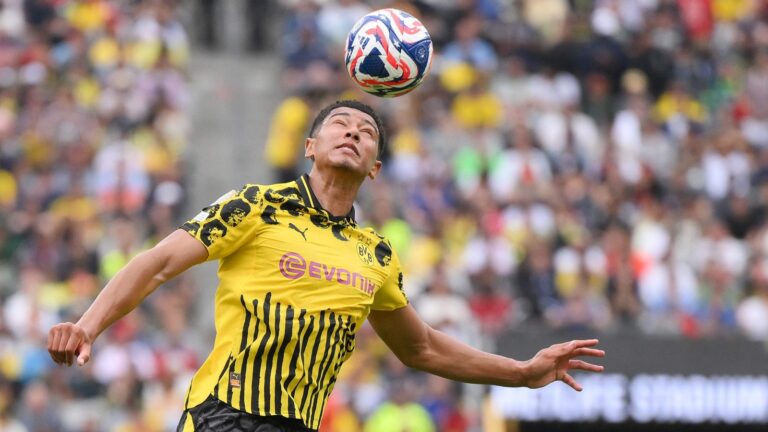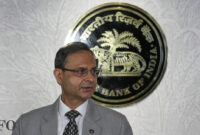India has increasingly grown into a market for diverse sports leagues. What Lalit Modi conceptualized 17 years ago with the razzmatazz of the Indian Premier League not only changed the landscape of cricket globally, but also paved the way for other sports to follow suit. After the success of tournaments like the Pro Kabaddi League, India, on Sunday, uncorked another fresh bottle of wine — the Rugby Premier League (RPL).

Like cricket, rugby too was introduced to India by the British in the 1870s, although it initially involved only a few scratch matches played in Calcutta and Madras. It wasn’t until 1998 that the sport got its own governing body in the country, which later became a full member of World Rugby. The national team made their first attempt to qualify for the Rugby World Cup in 2005.
While that dream still stands, this could well be the breakout moment that gives the sport the momentum it needs. Bollywood actor Rahul Bose, president of Rugby India, believes: why not now? After years of fine-tuning the idea, Bose eventually launched the RPL, which was granted a 15-day window by the world body. Legendary player Derek Jones feels this could be the first step toward India establishing themselves on the global rugby map.
Speaking to Hindustan Times, the former New Zealand captain and Hall of Famer—now head coach of the Hyderabad Heroes—opened up about the brand-new concept and how it could potentially pave the way for India’s first Olympic medal in the sport. Jones also touched on his own playing career and transition into coaching after retiring in 2017. Here are the excerpts…
Q) 15 years ago you were in India as a rugby player. Won the CWG gold. Now as a coach in a franchise-style league. What did you make of India’s rugby culture back then, and how much has it changed in these years?
It’s been good. The last time I was here was as a player, and under different circumstances, we didn’t really get to see much of India. We only had a few days where we managed to get out and do a little bit of sightseeing, but I think the experience was good. I’m still pretty close to the ground when it comes to rugby because I’m sort of recently retired. Good to see some familiar faces and some of the international players that are here—some of them I’ve actually played against. It’s also awesome to see the bridge players and the local Indians really mixing it up. It’s been a fun two weeks of mixing cultures and personalities, and hopefully we get to showcase a little bit of that over the next couple of weeks when the competition starts.
I think rugby culture in India is definitely heading in the right direction. Organisations and franchise owners have put their hands up to support the competition. Moreover, the quality of players I’ve seen and the experience across different teams is really exciting for the future of rugby in India. Hopefully, over the next couple of weeks, with the addition of international and bridge players, and with some good support, the product will inspire a lot of youngsters in India to pick up a rugby ball.

Q) This is entirely a new concept—Rugby Premier League. What was your initial reaction to it?
It’s exciting. Sevens has kind of been waiting for something like this. There have always been talks about other countries wanting to do something similar or run massive tournaments, but India has taken it to another level. Franchises have stepped up, creating its own league and bringing in international players and coaches from around the world to really showcase it. Hopefully, this is just the start of many years to come.
Q) Where does a league like this fit into the international scheme of things?
I think this is key to where Sevens is potentially heading. It’s part and parcel of what Sevens wants to do—growing the sport globally. It fits nicely in terms of expanding to different regions. There’s a massive population here, and within that, there are some rugby followers. I think India is looking for more sports and an opportunity to aim for an Olympic medal. That’s something countries like India definitely aspire to. So this is a great start, and hopefully we can be a part of that first piece of history to help them get there.
Q) What did you make of your squad? Any particular player or aspect you are looking forward to or want fans to watch out for?
I think it’s a great mix. The opportunity to go through the draft process, the picks, and the auctions was a really cool concept. I was obviously on the other side of the world and didn’t really have a chance to look deeper into the local Indian players, but we’ve got an assistant coach, Te-Luke, who provided advice from the ground here. They gave us as much information as they could. The picks came down to making sure we had forwards, backs, and specialists in different positions.
At the end of the day, the proof will be in the pudding tomorrow as we start the competition and see how it all comes together. There’s still a lot of learning to be done, and I think a lot of learning on the fly—game by game. Coaches and players will look to tweak things and change things as needed.
I’d love to say all our players! We’ve got some local Indian boys who were part of the Nationals final—some from the winning team—and obviously Prince Khatri is well known in Indian rugby. Then we’ve got Moreno and Nasova from the Dream Team in the World Series. So, there’s excitement across the board. But again, it’s a team sport—it’s not about individuals. The team that connects the best and the fastest, given the short turnaround, will be the real test.
Q) Talking about your playing days, you’ve had a decorated career. Then you began coaching. Has this part of the profession changed your attitude towards how you look at the sport?
Oh, I mean, yeah—you’ve got to look at it differently. There’s a lot more work going on behind the scenes. I’m still a young, new coach, so I’m looking to do a lot of learning here. It’s been one of those environments where I’ve had to learn the hard way. The organisation is new to rugby—there’s a massive pickleball following, cricket obviously, and other sports—but hopefully I can share as much knowledge as I can so rugby can grow as one of their other sports. I’m really grateful for the opportunity to be cutting my teeth here. India is one of the first stops for me in terms of my international coaching career.
Q) You also worked on this aspect—getting a Master’s degree focused on the athlete-coach relationship. You are also keen on the mental aspect of the game. Could you elaborate on that?
Coaching can be done in many ways, and at the end of the day, it’s about coaching or managing people. So I dove a bit deeper into that side. My studies were to give me the best opportunity—when I had the chance to coach a team or the next generation—that I’d have a few more tricks up my sleeve for getting the best out of individuals.
This is now a great opportunity for me to put my Master’s to work and use the research I’ve done, along with my coaching philosophies and methods. Hopefully, if all goes well, we’ll get some good results from it.
Q) Has the game become tougher over the years? Has the dynamic changed for players now?
I don’t think it’s tougher, but the game’s definitely changing, and there’s a big demand on players. On the other hand, there were a lot more tournaments when I was playing, and games were longer. So, there are different dynamics now. Players today are absolute specimens—fast runners, big boys who can tackle hard.
It’s not just what they do on the field, but also mentally—how they manage themselves off it. If we’re talking about the World Series now, the format has changed. It’s really hard to win, whether in the World Series, Challenger Series, or other tiers. So in terms of Sevens as a sport, it’s definitely one of the most competitive out there.
Q) You’ve been an ambassador of the sport with your work beyond just coaching post-retirement. What makes you stay attached to the sport beyond professional duty?
That was more when I was doing my current job, focusing on athlete advocacy and ambassadorial work. Going to different tournaments was my way of staying connected to the sport. Hong Kong Rugby Union, in particular, was always great in inviting me back to be part of their events. That was my way of staying in touch—being on the ground and seeing where the game was.
I’m grateful for those opportunities, but now, I think I’ve been out of the game long enough, and it feels like the right window to start building my coaching CV. Hopefully, this is a good start and leads to many more years to come.
Q) You talked about the impact of the league globally. How can it benefit India?
Well, I think the country is getting excited about other sports and newer generational sports. I’m pretty sure there’ll be a lot of interest around this new game in town being played in Mumbai. Since rugby is an Olympic sport, there’s genuine global interest. Hopefully, if we showcase a good product, we’ll see excited boys and girls in India wanting to play rugby sevens very soon.
Q) What other factors need to come into play to improve engagement in the sport in India?
I think part and parcel of professional sport is professional resources—getting the right people in. That means coaches, strength and conditioning trainers, medical staff, managers, and more. All of these bring valuable insights into how the rugby community functions.
A lot of these professionals would have experience with different organisations and sports and know how to manage things at that level. Rugby has its own intricacies, and the more we share that knowledge and get these people involved, the better it will be for everyone.









